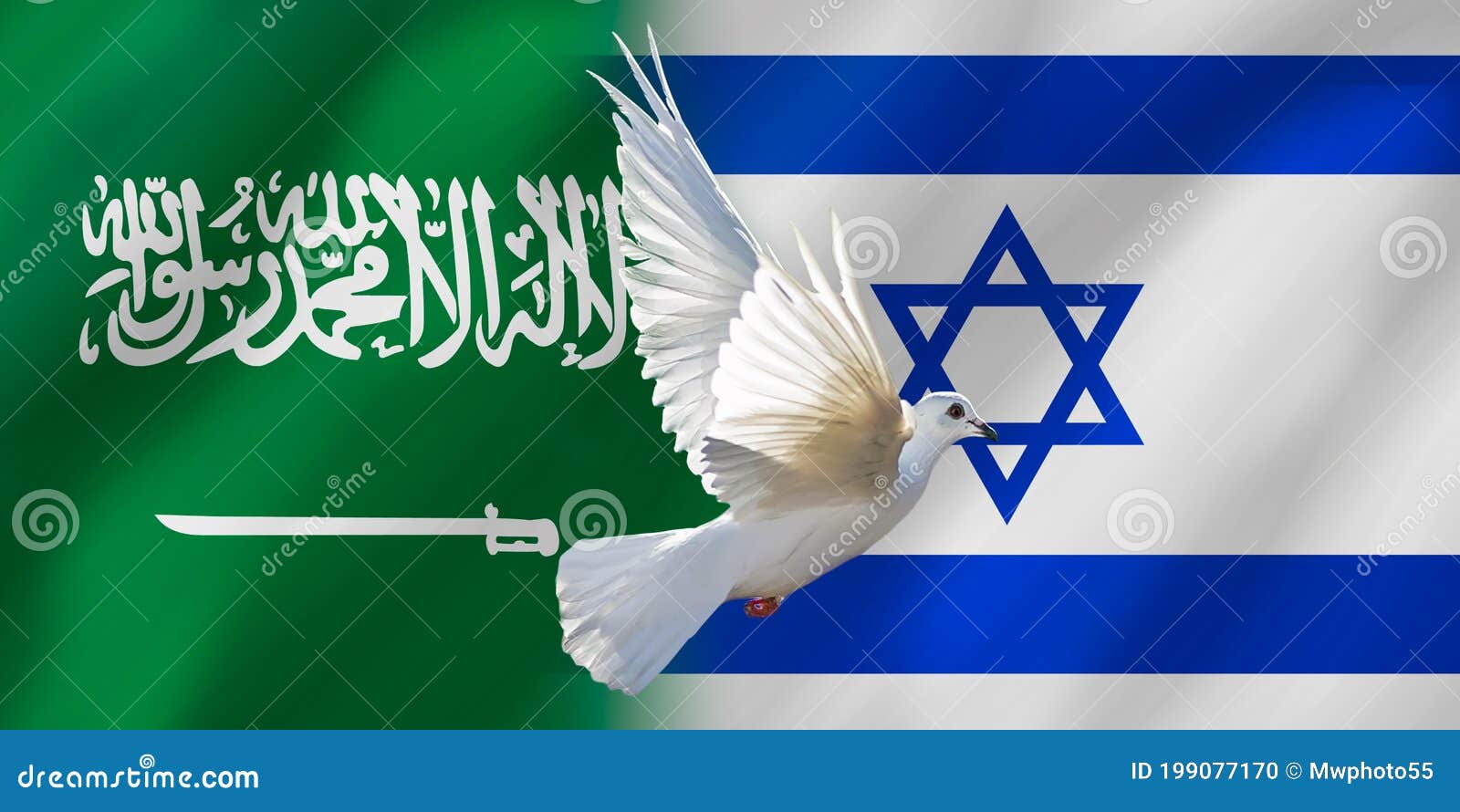By RABBI MEYER H. MAYOn a trip with prominent New York rabbis, two conversations changed Rabbi May's view of Saudi Arabia.
Not because this American Orthodox rabbi would have an issue with engaging with Arabs. In fact, I joined open private meetings, more than a decade ago, with the crown prince and now president of the United Arab Emirates, H.H. Sheikh Mohamed bin Zayed and separately with the ruler of Dubai, H.H. Sheikh Mohammed bin Rashid Al Maktoum, and have co-led numerous Simon Wiesenthal Center leadership missions to the UAE since. But Saudi Arabia, in my mind, was quite antithetical to the forward-thinking Gulf states that embraced Israel and joined the Abraham Accords. Two conversations changed my mind and because of them, I grasped at the opportunity to join a high-level delegation on a first visit to the kingdom with former US Special Representative for International Negotiations Jason Greenblatt, the impressive leadership of New York’s UJA Federation, and two prominent New York rabbis.
First, a renowned equity investor, whom I study with, told me recently in passing, “If you think what is going on in the Gulf is exciting, just wait until you see what is happing in Saudi.” Later, Eli Epstein, a man I deeply admire and respect, who saw the potential for warm Muslim-Jewish relations three decades ago and who first introduced me to the UAE, invited me to join this mission! These two men got me dreaming of new possibilities and new friendships.Once on the ground in Riyadh and magnificently and unsparingly feted by our World Muslim League hosts, my eyes were opened to exciting and breathtaking opportunities for durable bilateral relationship-building with the new Saudi Arabia and its people. The kingdom’s Vision 2030, a strategic framework for rapidly moving Saudi forward by building a vibrant society where people come first – all to be based on Islamic principles of moderation – wasexpressed in all our meetings. We had meetings with government agencies responsible for identifying and combating extremism and radical groups and with senior figures in the Defense and Foreign Affairs ministries. Every single reception was gracious and warm. Our counterparts made every effort to express their appreciation for our historic visit and at every meeting, I was welcomed to openly wear my kippah. Members of the Saudi Embassy team who accompanied us were open and honest as they contextualized for us throughout our visit, which included the amazing models of the $1 trillion planned cities, such as Neom, and the historic ruins in AlUla. What did we learn? While the Saudis cannot revise their recent malevolent, unforgivablehistory, they have shifted to aggressively combating extremist ideology on social media, inprint, and in other public fora. We also learned that the government is intensifying its focus on developing opportunitiesfor its youth and its emerging new generation of leaders. Many in the meetings were young,ambitious, and innovative thinkers. We also saw women treated equally and with respect,sitting side by side with their male counterparts. We were warmly served by hotel staff, menand women who were probably having their first encounters with a Jewish group and aminyan, the Jewish prayer quorum. Will the Saudis join the Abraham Accords? This was beyond the scope of our initial visit. Thesenior officials in the Foreign Ministry, with whom we met, will likely join the forthcomingmeeting with President Joe Biden in Riyadh. They explained many of the geopolitical factorsthat must first fall in place and how Saudi remains the bulwark holding back extremistnational actors throughout the Middle East who would be unleashed by any precipitousmoves by the kingdom. Be that as it may, bilateral relations with Israel seem inevitable and are probably already happening behind the scenes, much as the secret March meeting attended by IDF Chief of Staff Lt. Gen. Aviv Kochavi and senior Arab military leaders, including Saudi Arabia’s Chief of Staff Air Chief Marshal Fayyadh Al Ruwaili, in Sharm el-Sheikh to discuss countering the escalating regional threats posed by Iran. From all impressions, the new Saudi, like its GulfCooperation Council neighbors, enthusiastically welcomes the economic and technological opportunities that would follow an alliance, formal or otherwise, with Israel. The sands of the Arabian desert are always shifting. We saw them slowly shift right before our eyes, in real time! My fellow travelers and I were privileged to be part of the changing winds and shifting sands of this initial Saudi-Jewish leadership dialogue.
https://www.jpost.com/middle-east/article-710939

No comments:
Post a Comment